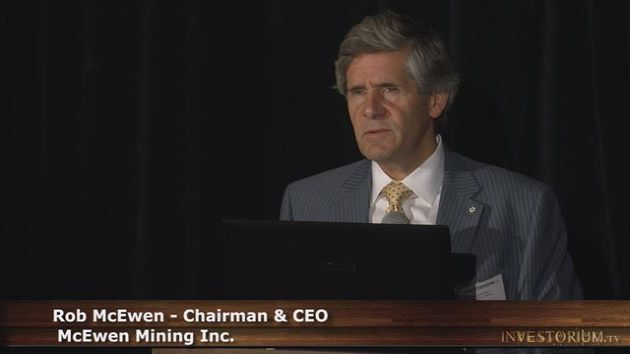
Renown U.S. Cardiovascular Researcher Delivers Keynote Lecture at Japanese Symposium
New York, Oct 20, 2012 AEST (ABN Newswire) - The acclaimed Cardiac Reseacher, Dr. Charles Antzelevitch, Executive Director and Director of Research of the Cardiac Research Institute (CRI) at the Masonic Medical Research Laboratory (MMRL), based in Utica, New York, presented the Keynote Lecture at the annual meeting of the Japanese Society of Electrocardiology. The symposium, attended by over 1,000 cardiologists, electrophysiologists and scientists from throughout Japan was held in Chiba, Japan on October 12 and 13, 2012.
The Kazuo Yamada Invited Lecture, named after the first president of the society founded 29 years ago, dealt with two inherited sudden death syndromes, the Brugada and Early Repolarization syndromes. The Brugada Syndrome, an inherited cardiac arrhythmia syndrome associated with life-threatening abnormal rhythms of the heart, takes the lives of young adults as they approach 40 years of age. MMRL scientists discovered the mechanism underlying this syndrome in the late 1980's before it was actually discovered in humans and have continued to play a pioneering role in defining the genetic basis and approach to therapy.
The Early Repolarization Syndrome, like Brugada syndrome, often takes the lives of young adults in the third and fourth decade of life. Scientists at the MMRL played a key role in the discovery of this syndrome, demonstrating a decade ago that an early repolarization pattern in the electrocardiogram (ECG) is not always benign, as once thought, but can lead to life-threatening arrhythmias.
Antzelevitch and his team are working to uncover the genetic basis for this syndrome and to find ways to evaluate patients so as to determine who truly is at risk for sudden cardiac death.
Antzelevitch was also invited to present a lecture dealing with other inherited sudden death syndromes, including the long QT and short QT syndromes. The long QT syndrome usually affects children in their early teens; leading to fainting spells, which if properly diagnosed can avoid a tragic consequence. MMRL scientists are working to understand the genetic basis for both of these syndromes and are formulating customized therapies for affected families based on the mutations uncovered.
The Cardiac Research Institute at MMRL has gained international renown and wide acclaim in the scientific and medical community as a leading cardiac research center. The hallmark of the institute is its innovative and imaginative approach to fighting heart disease. The MMRL's legacy of scientific breakthroughs has helped to generate new heart medications and develop diagnostic procedures for the management of cardiac arrhythmias, and has aided in the advancement of life-saving technologies. The MMRL is also one of the top genetic screening centers in the world dedicated to helping families afflicted with sudden death syndromes.
Please visit www.mmrl.edu for more information or to arrange a tour or presentation.
Contact
Ronald P. Kamp
Director of Development & Communications
Cardiac Research Institute
Masonic Medical Research Laboratory
2150 Bleecker Street
Utica, N.Y. 13501
(315) 735-2217
www.mmrl.edu
| ||
|





